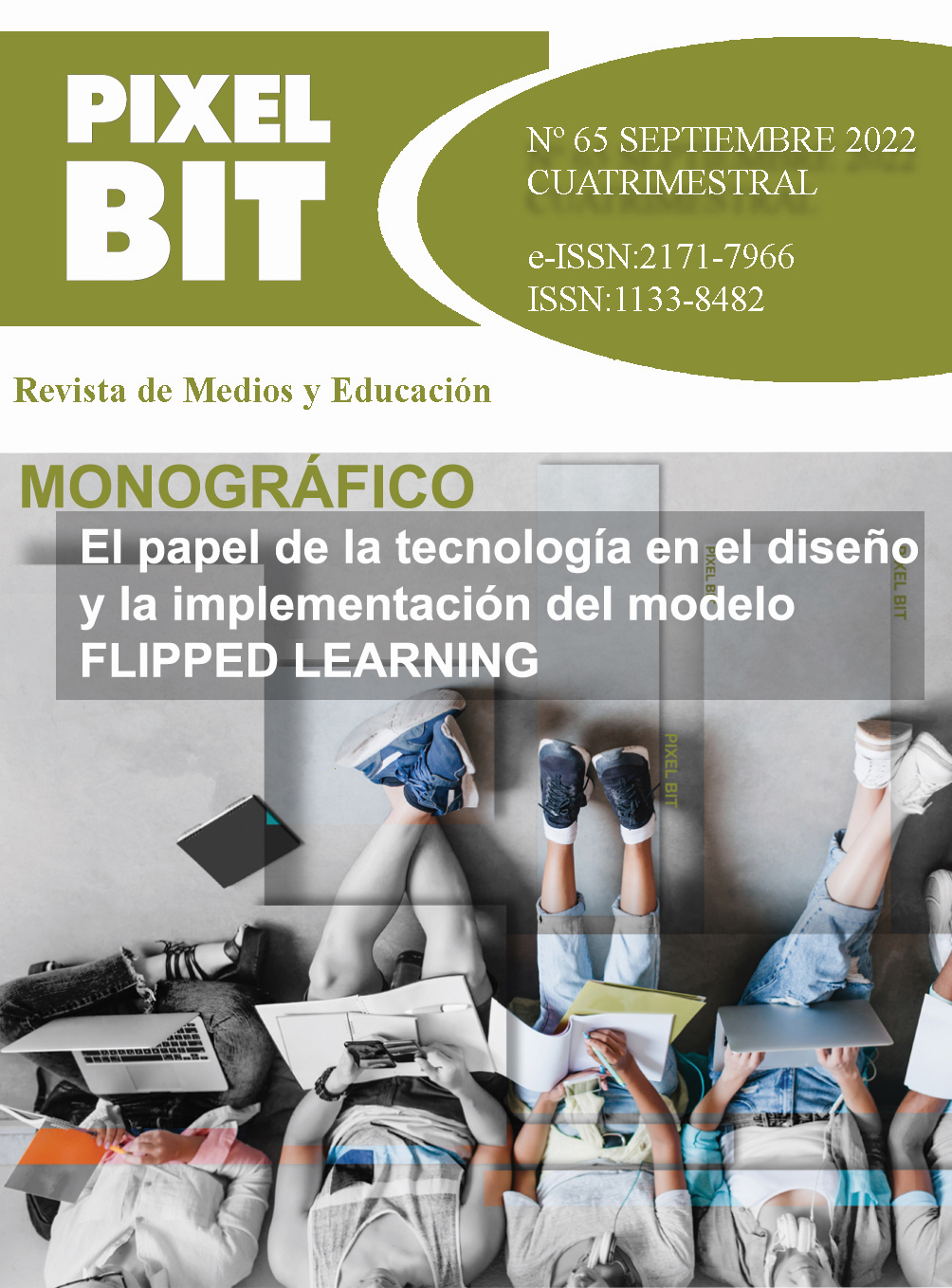Abstract
Fortnite is an online game with more than 250 million players. In this research, a study of cultural and political identities of a group of teenage Fortnite players is proposed based on their discursive manifestations. Our methodology proposes an analysis of the discursive manifestations expressed in a focus group to study how the game acts as a vehicle in the process of presenting identity in everyday life. This research focus in patterns of teenager’s behavior in the new digital contexts and the features of the relationship established between the players based on their different profiles. The results show how the players are ranked and related depending on the identity they build during the game. Also, this prove that the discourse studies is an important and useful tool for future research in videogames.
References
Acevedo, A.A. & Maya, N. (2016). Difusión de realidades: comunidades virtuales presentes en los videojuegos de rol en línea. (Caso Aguabrial-Dofus - Periodo 2012-2013). Education in the Knowledge Society, EKS, 17(2), 133-148. https://doi.org/10.14201/eks2016172133148
Aristotle (2010). Rhetoric. Cosimo Classics.
Atagón, M. (24 de julio de 2018). La batalla de sexos llega a Fortnite, el juego de moda. El periódico. https://bit.ly/3A2cgss
Carter, M., Moore, K., Mavoa, J., Horst, H., & gaspard, L. (2020). Situating the Appeal of Fortnite Within Children’s Changing Play Cultures. Games and Culture, 15(4), 453–471. https://doi.org/10.1177/1555412020913771
Carter, M., Moore, K., Mavoa, J., Gaspard, L., & Horst, H. (2020b). Children’s perspectives and attitudes towards Fortnite ‘addiction.’ Media International Australia, 176(1), 138–151. https://doi.org/10.1177/1329878X20921568
Clement, J. (2022). Registered users of Fornite worldwide from Augus 2017 to May 2020. Statista. Recuperado el 24 de junio de 2022. https://bit.ly/2Q68VPc
Ćwil, M., & Howe, W. T. (2020). Cross-Cultural Analysis of Gamer Identity: A Comparison of the United States and Poland. Simulation & Gaming, 51(6), 785–801. https://doi.org/10.1177/1046878120945735
EPIC Games (31 de julio de 2019). Fortnite world cup, un torneo que estableció un récord (n.d.). https://bit.ly/3A2cm3i
Fernández-Vara, C. (2014). Introduction to game analysis. Routledge. https://doi.org/10.4324/9780203794777
Geeter, D. (2018). How ‘Fortnite’ unlocked the most active gamers on mobile. CNBC. https://cnb.cx/3NlSzyL
Gil, R.M., Arnedo-Moreno, J., González, C.S., Paderewski, P., Domenech, M. & Lleras, M. (2020). Generación Z y Fortnite lo que engancha a los más pequeños. Interacción, Revista digital de AIPO, 1, 32-42. https://revista.aipo.es/index.php/INTERACCION/article/view/5
Goffman, E. (2009). La presentación de la persona en la vida cotidiana. Amorrortu Editores.
Holm, S. K. (2019). Player Types of Gamers: Critical Evaluation. Extended Abstracts of the 2019 CHI Conference on Human Factors in Computing Systems (pp. 1-6). https://doi.org/10.1145/3290607.3299084
Hamaria, J. & Keronen, L. (2017). Why do people buy virtual goods: A meta-analysis. Computers in Human Behavior, 71, 59-69. https://doi.org/10.1016/j.chb.2017.01.042
Humphreys, S. (2017). On Being a Feminist in Games Studies. Games and Culture, 14, 825-842. https://doi.org/10.1177/1555412017737637
Jiang, J. (2020). “I Never Know What to Expect”: Aleatory Identity Play in Fortnite and Its Implications for Multimodal Composition. Computers and Composition, 55, 1-14. https://doi.org/10.1016/j.compcom.2020.102550
Jo Kim A, (2018). Game Thinking: Innovate Smarter & Drive Deep Engagement with Design Techniques from Hit Games. Gamethinking.io.
King, D.L, Russell, A.M.T., Delfabbro, P.H. & Polisena, D. (2020). Fortnite microtransaction spending was associated with peers’ purchasing behaviors but not gaming disorder symptoms. Addictive Behaviors, 104. https://doi.org/10.1016/j.addbeh.2020.106311
King, R. & de La Hera, T. (2020). Gamer perception of endorsements from Fortnite Streamers on YouTube. En International Conference on the Foundations of Digital Games (FDG '20) (pp. 1-3) Association for Computing Machinery. https://doi.org/10.1145/3402942.3403026
Malliet, S. (2007). Adapting the Principles of Ludology to the Method of Video Game Content Analysis. Game Studies, 7(1). Recuperado de http://gamestudies.org/07010701/articles/malliet
Marlatt R. Capitalizing on the Craze of Fortnite: Toward a Conceptual Framework for Understanding How Gamers Construct Communities of Practice. Journal of Education, 200(1), 3-11. https://doi.org/10.1177/0022057419864531
Martín Criado, E. (1997). El grupo de discusión como situación social. Reis: Revista Española de Investigaciones Sociológicas, 79, 81-112. https://reis.cis.es/REIS/PDF/REIS_079_05.pdf
Moreno Cantano, A. C., & Venegas Ramos, A. (2020). El videojuego como espejo de la sociedad contemporánea. Barataria. Revista Castellano-Manchega De Ciencias Sociales, (29), 1-8. https://doi.org/10.20932/barataria.v0i29.577
Muriel, D. (2018). Identidad Gamer. Videojuegos y construcción de sentido en la sociedad contemporánea. Anait.
Muriel, D. & Crawford, G. (2018). Video games as culture: considering the role and importance of video games in contemporary society. Routledge.
Ricoy, C. & Ameneiros, A. (2016). Preferencias, dedicación y problemáticas generadas por los videojuegos: Una perspectiva de género. Revista Complutense de Educación, 27(3), 1291-1308. https://doi.org/10.5209/rev_RCED.2016.v27.n3.48445
Ryan, K. E., Gandha, T., Culbertson, M. J., & Carlson, C. (2014). Focus Group Evidence: Implications for Design and Analysis. American Journal of Evaluation, 35(3), 328–345. https://doi.org/10.1177/1098214013508300
Silverman, D. (2014). Interpreting Qualitative Data. Sage Publications
Spangler, T. (2019). ‘Fortnite’ Revenue Dropped 25% in 2019 but Was Still the Year’s Top-Earning Variety (2 de enero de 2020). ‘Fortnite’ Revenue Dropped 25% in 2019 but Was Still the Year’s Top-Earning Game With $1.8 Billion Haul. https://bit.ly/3ngpudz
Stang, S. & Trammell, A. (2019). The Ludic Bestiary: Misogynistic Tropes of Female Monstrosity in Dungeons & Dragons. Games and Culture, 19, 1-18. https://doi.org/10.1177/1555412019850059
Terlecki, M., Brown, J., Harner-Steciw, L. et al. (2011). Sex Differences and Similarities in Video Game Experience, Preferences, and Self-Efficacy: Implications for the Gaming Industry. Current Psychology, 30, 22–33. https://doi.org/10.1007/s12144-010-9095-5
Games Industry. (18 de diciembre de 2019). The Game Awards reached 7.5m concurrent viewers. https://bit.ly/3OnWA7k
Wilkinson, S. (2011). “Focus group research” (pp. 168-184). En D. Silverman (ed.), Qualitative Research. Sage Publications.
Wood, S. M., & Szymanski, A. (2020). “The Me I Want You to See”: The Use of Video Game Avatars to Explore Identity in Gifted Adolescents. Gifted Child Today, 43(2), 124–134. https://doi.org/10.1177/1076217519898217

This work is licensed under a Creative Commons Attribution-NonCommercial-NoDerivatives 4.0 International License.
Copyright (c) 2022 Pixel-Bit. Media and Education Journal

